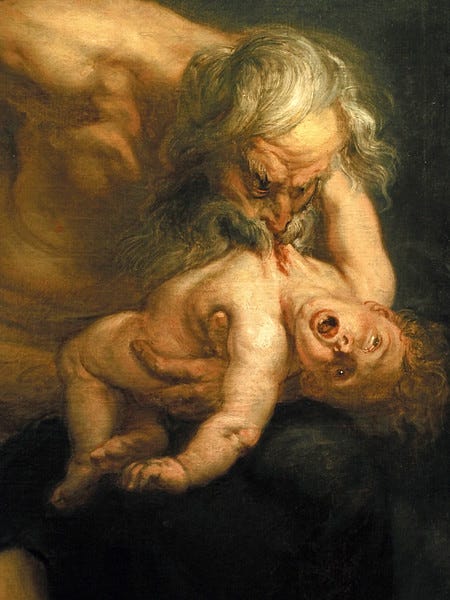The following excerpt is from a recently recovered and restored talk by Dr. Robert Moore, author of King, Warrior, Magician, Lover (along with Douglas Gillette who I had on my podcast last year). He describes what happens when a man who is uninitiated into mature masculinity is given the power to rule.
This passage relates to my last post on the Senex-Puer archetype, but comes at it from the perspective of the King archetype. Moore’s model uses the framework of “boy psychology” vs. “man psychology” to differentiate the immature from the mature (or uninitiated and initiated) expressions of these archetypal potentials.
If you’re a man interested in engaging in a deeper exploration of the archetypes of mature masculinity as it relates to your life, check out my 6-week men’s coaching program, which I’ve been offering for a number of years: http://fourinitiations.com.
A note: While much of the men’s work Moore helped develop through the 1990s and early 2000s was woefully heteronormative, through my work with gay and trans men I’ve found his model of the male psyche to be adaptable to their experience and equally important in developing a deeper psychological understanding of their unique expression of masculinity.

“If you are giving your power away, that is a mark of a dysfunctional Royal sector. But we also know the pathological Royal—the overt expression of what we, in my field of psychoanalysis, call Narcissistic Personality Disorder.
The narcissistic personality acts as if he is the center of the world and that the world exists for him. In classical stories, this figure is known as the Cannibal King—the one who eats the world for himself. Very interestingly, these narcissists—unlike other pathologies—are not as anxious. They are calm. And they tend to attract the more dependent types, like moths to a flame.
If you lack the King archetype within you, you will notice—when a narcissist or sociopath comes around—your knees start to get weak. You will want to kneel. I’m serious. That is how so many Monster Boys manage to rule the world. But I always tell therapists—do not hate these men. They do have access to real energy. And if they are guided in maturing, if they are initiated, they could bring great forcefulness to nurturing the world.
And so, when I look at any of these quadrants and see dysfunction, I’m not interested in stopping there. I want to know: How can we help that person find a way to take that energy, mature it, regulate it, and make it work for himself in a more creative way—and thereby work for others?

When this Royal energy is manifest in a powerful but shadowed form, there is no empathy. This person has no interest whatsoever in your needs. You exist merely as what we call in my field a self-object extension. You are a part of me, and therefore, I can do with you as I wish. And if you do not accept that—if you do not agree to simply be an expression of me—then you are nothing to me. So there is a lack of empathy. This person, in whom Royal energy is present but not matured, cannot love.
The narcissistic personality disorder, and personality systems resembling it, are full of grandiose, god-like energies. Golden energies. Grail energies. But they have identified with it. They think they own it. They seek to franchise it. We need to understand that transformation can occur even in the grandiose young would-be prince—like the young Parsifal, who is very grandiose but does not realize it.
“Once narcissism is transformed into maturity, the ego no longer has to eat the world.”
If that grandiosity can be confronted in a way that does not destroy him in shame… If that grandiosity can be contained… It may be transformed into creativity and the capacity to care for the world. Once narcissism is transformed into maturity, the ego no longer has to eat the world. In fact, this personality can learn—can understand—what it means to make an offering beyond its own narcissistic needs. That is the heart of the mature person spiritually.
Every mature spiritual master has the capacity to will and act in a way that transcends their own narcissistic needs. And that, in traditional cultures, has been identified as sacrifice. This is why the archetype of sacrifice is at the heart of so many spiritual traditions around the world. Because humans have always known that the capacity to make an offering beyond one’s own arrogance is at the heart of realized humanity.”





